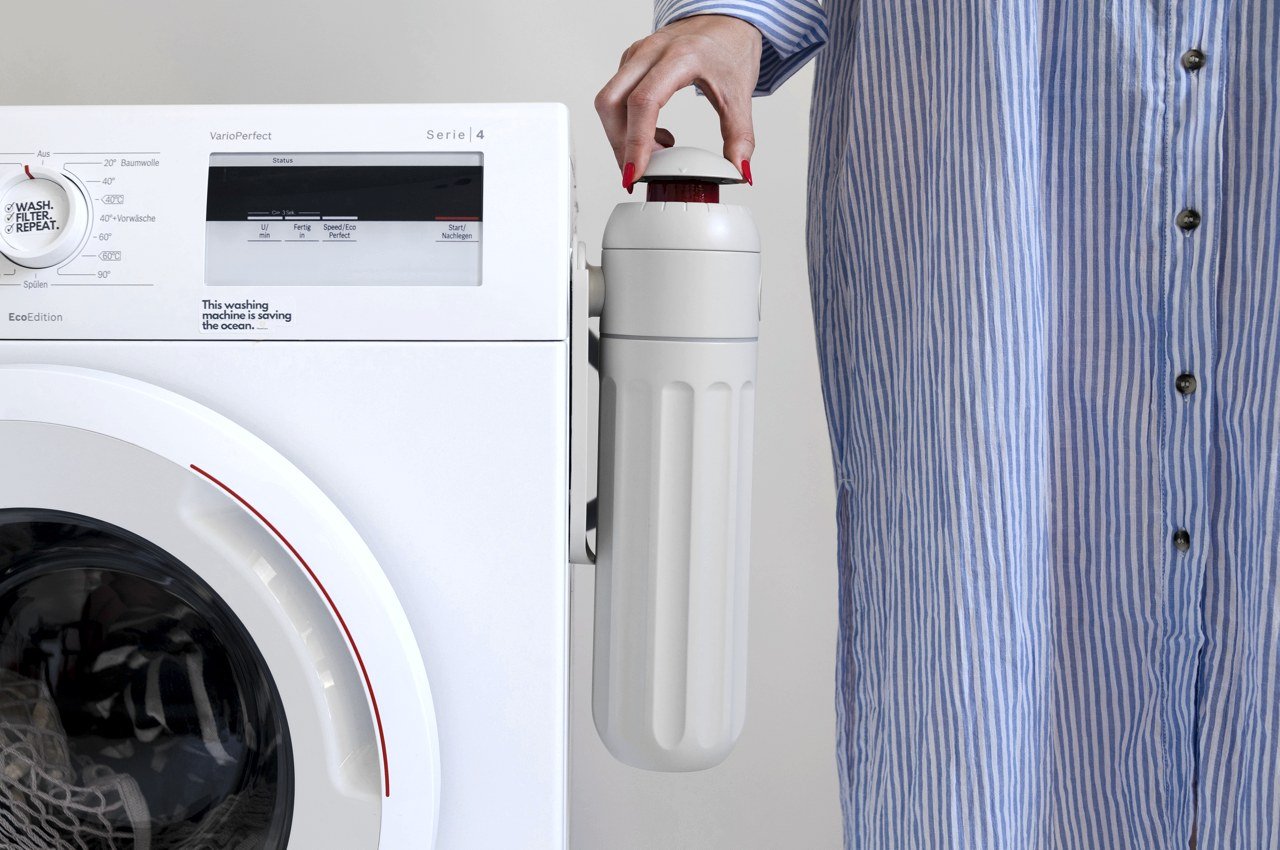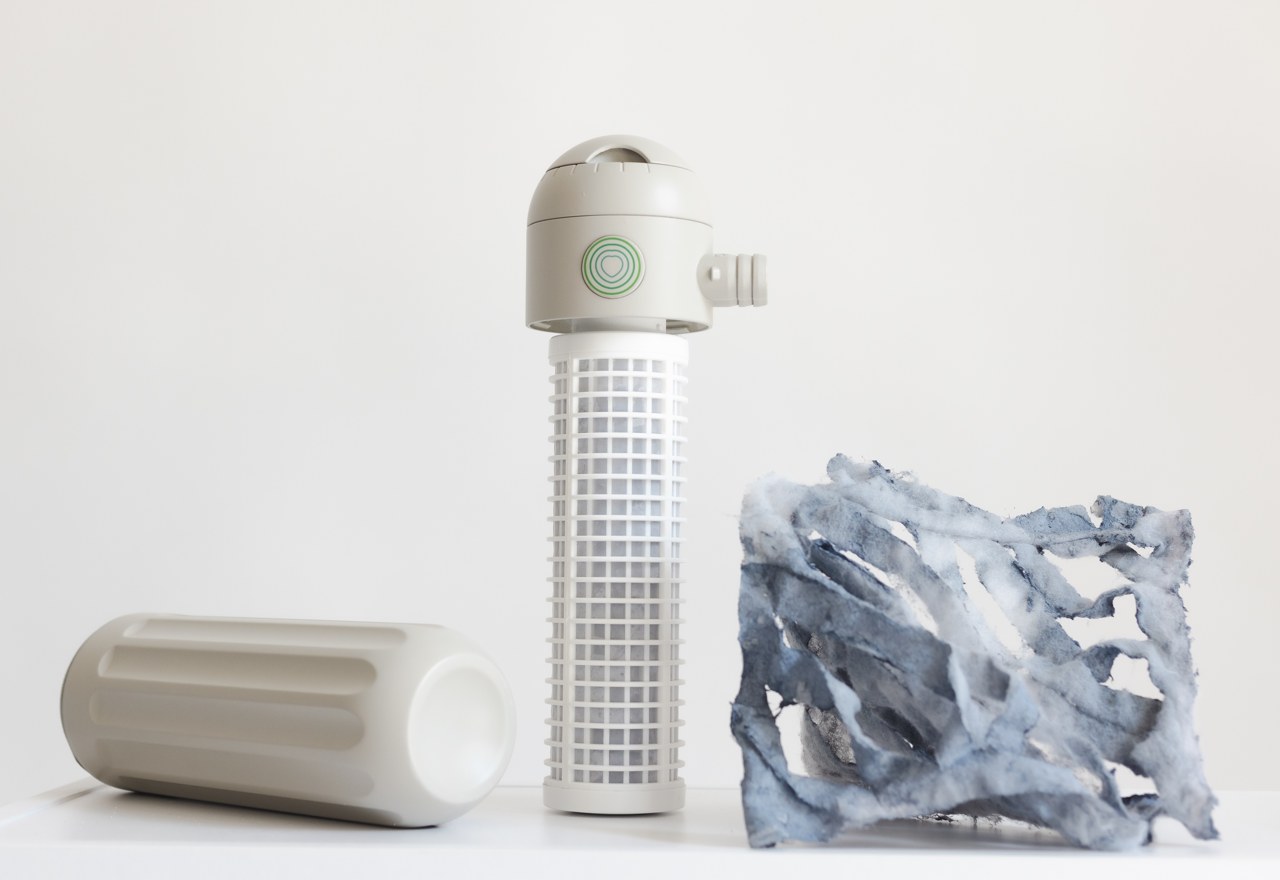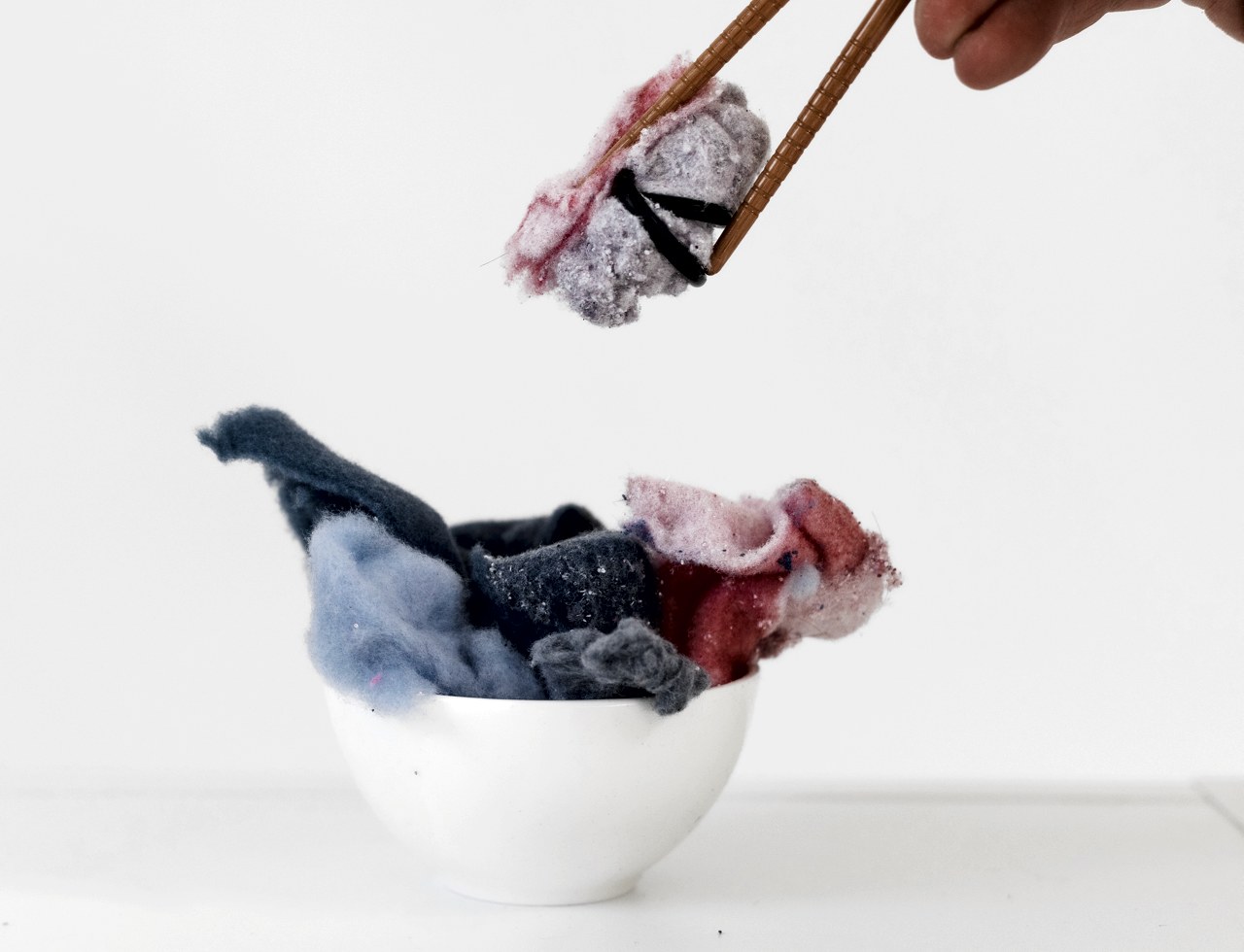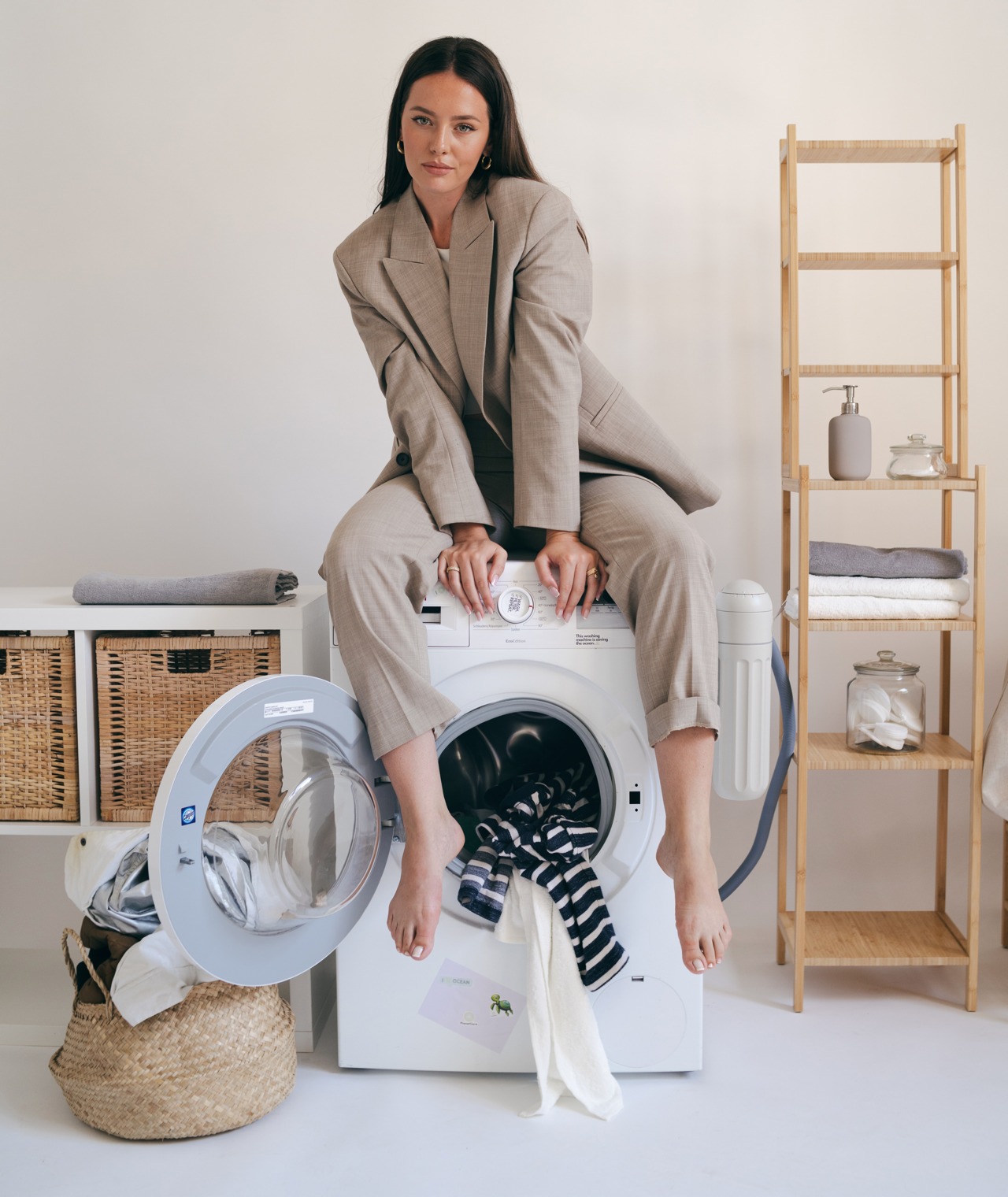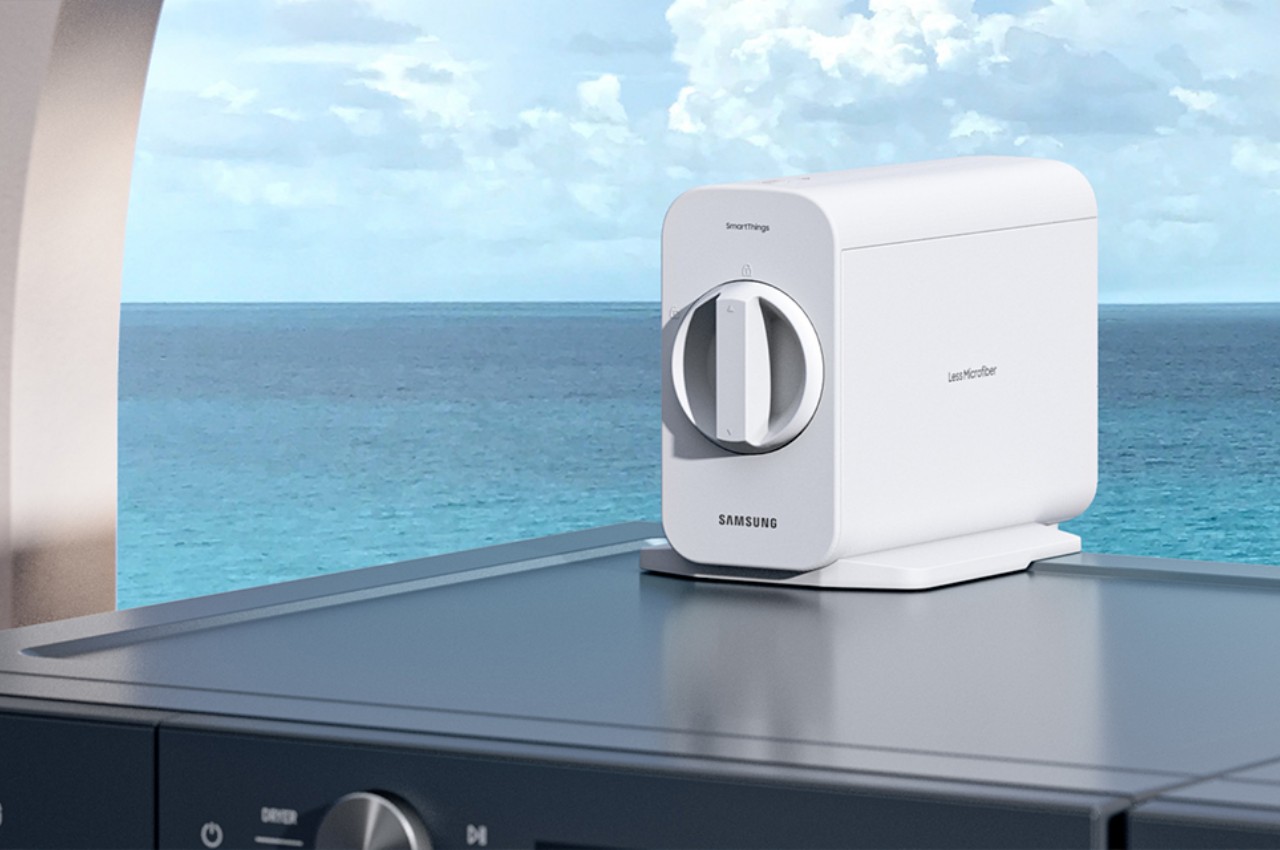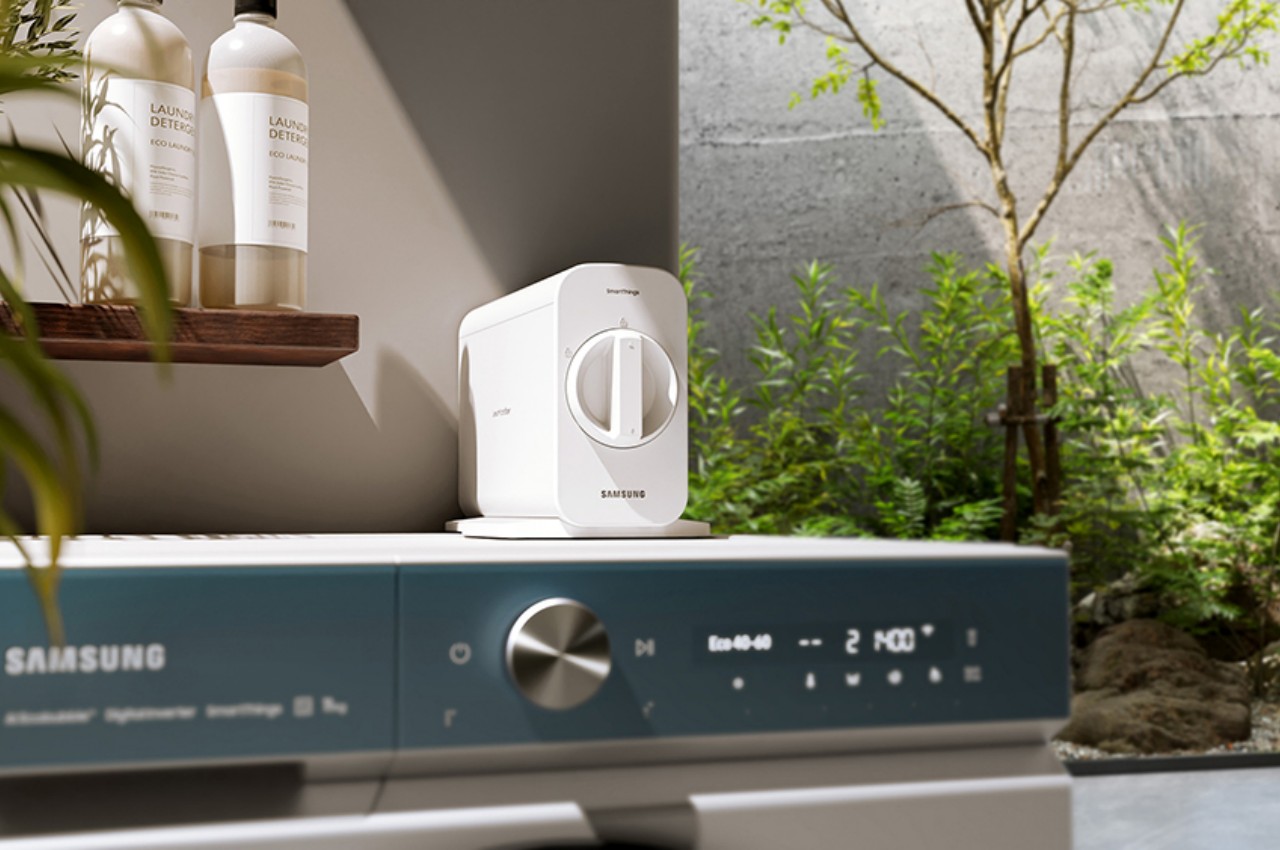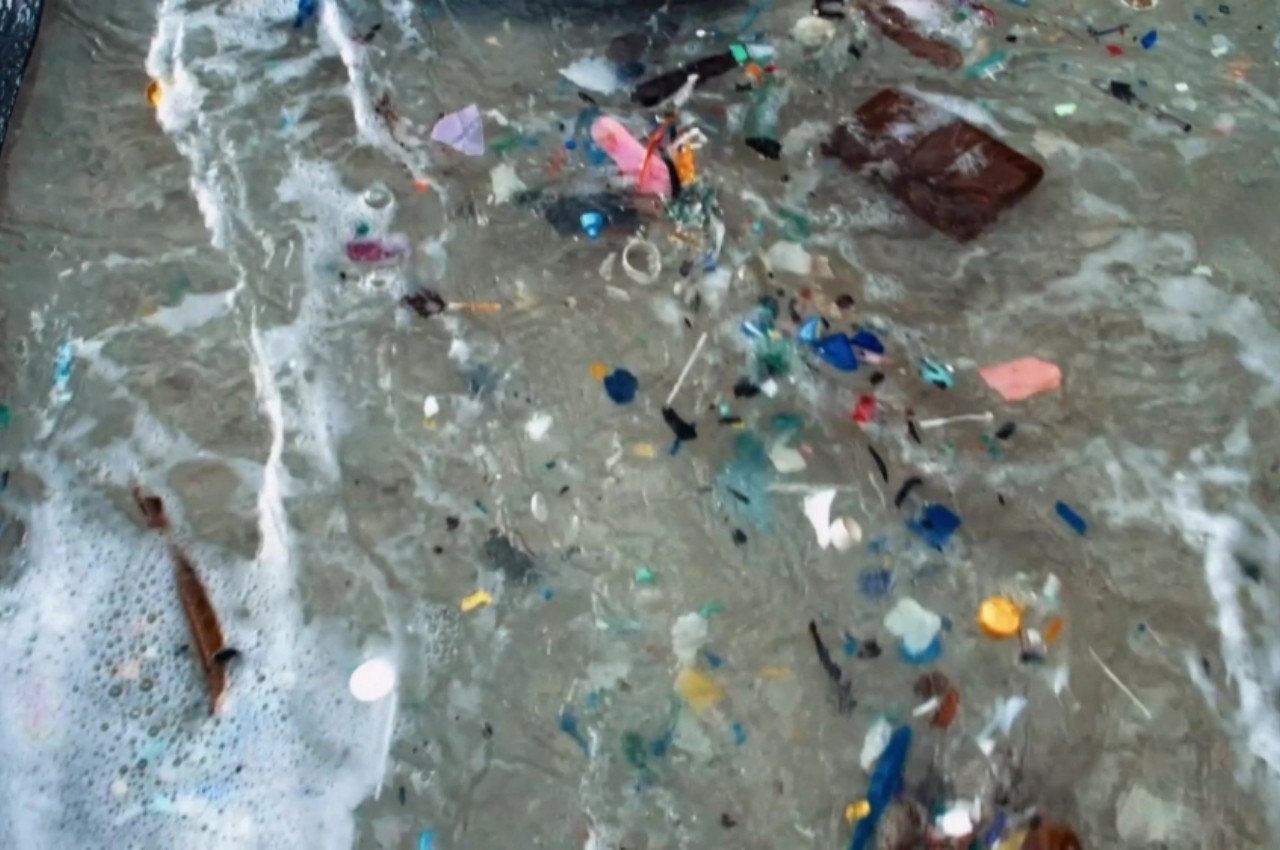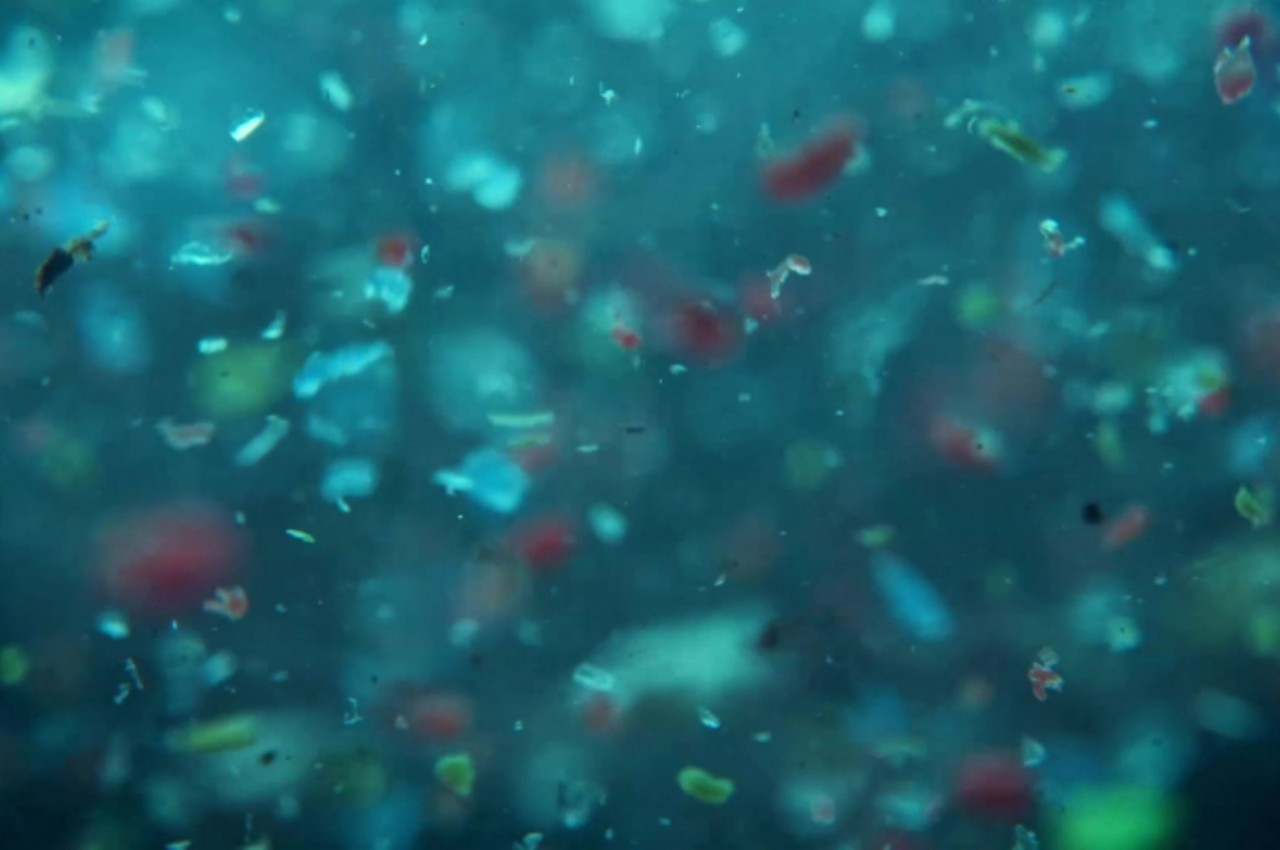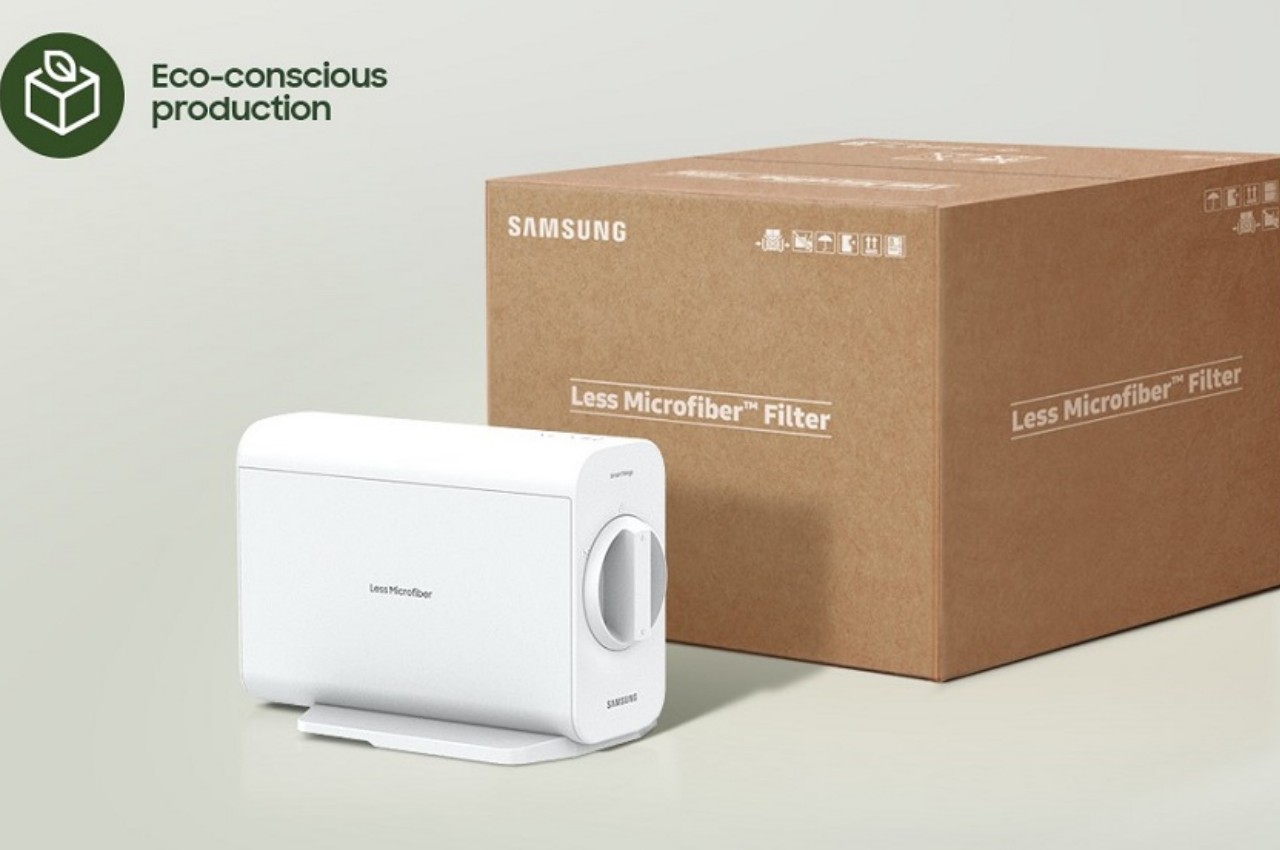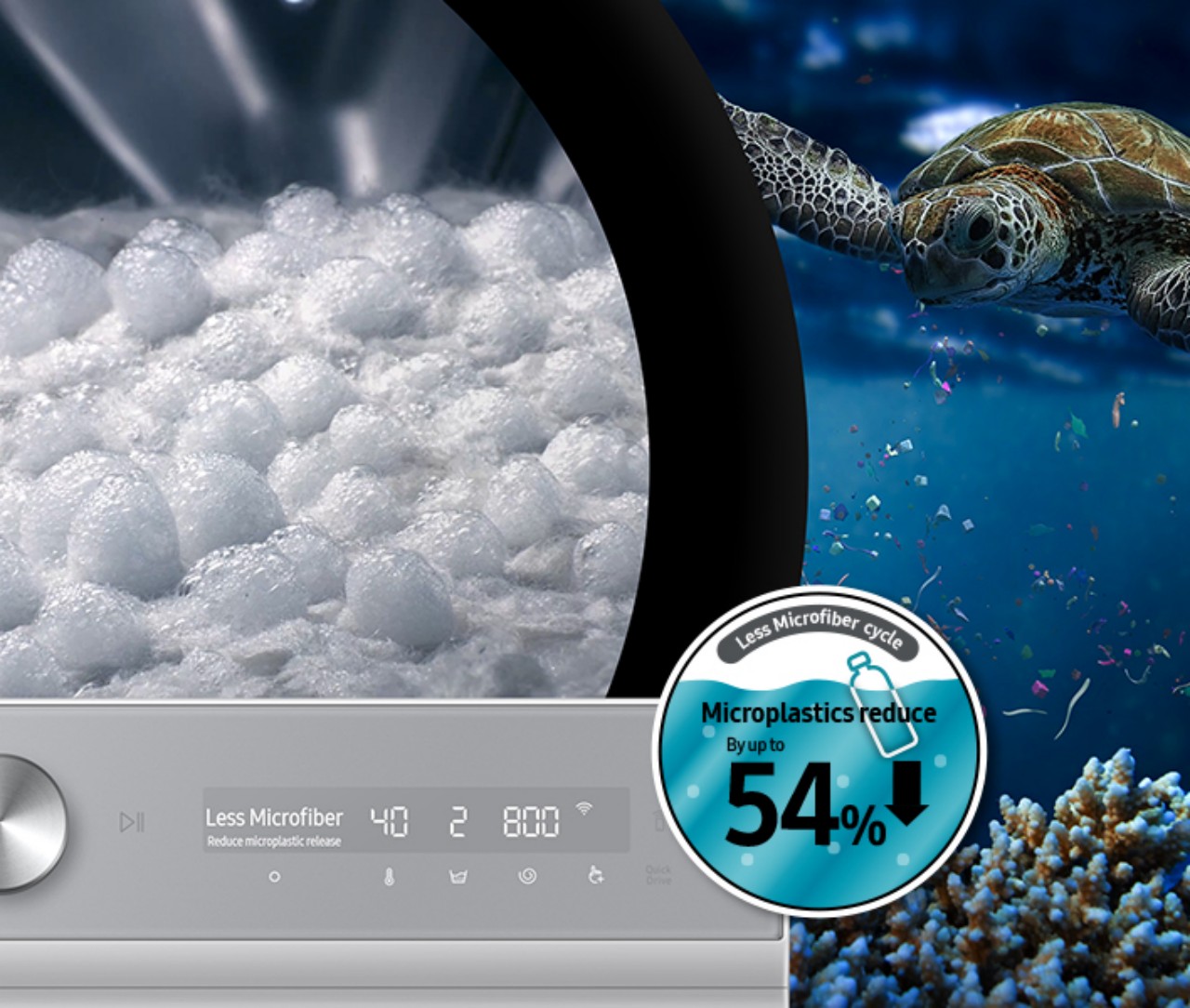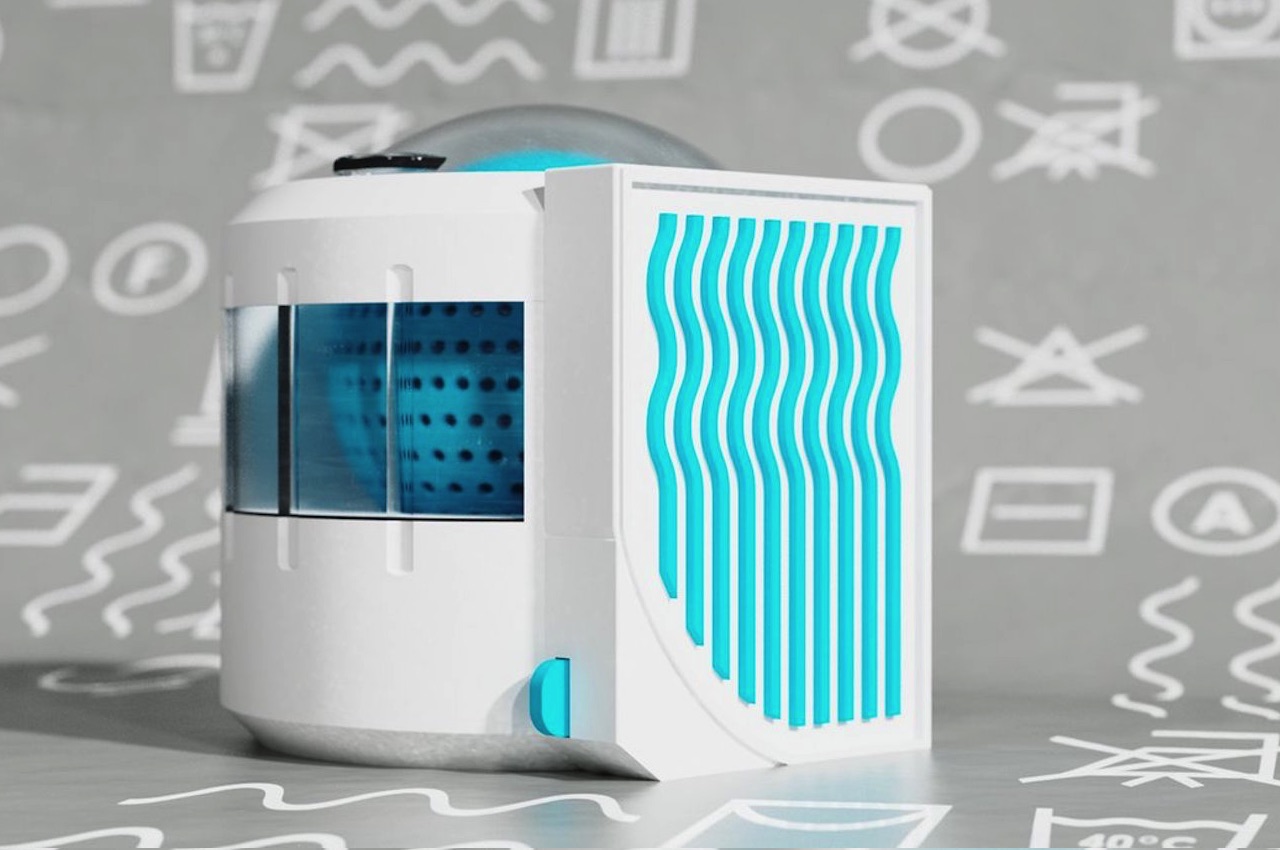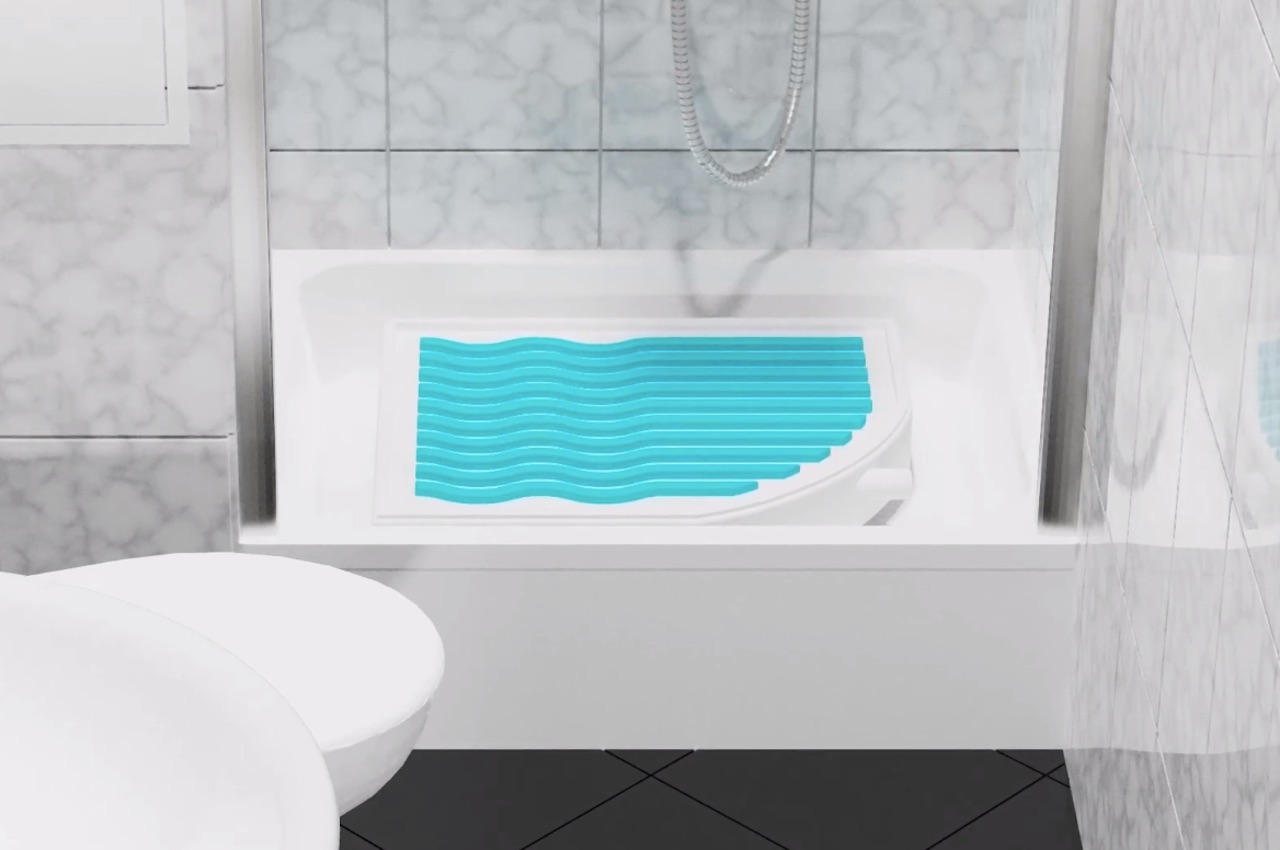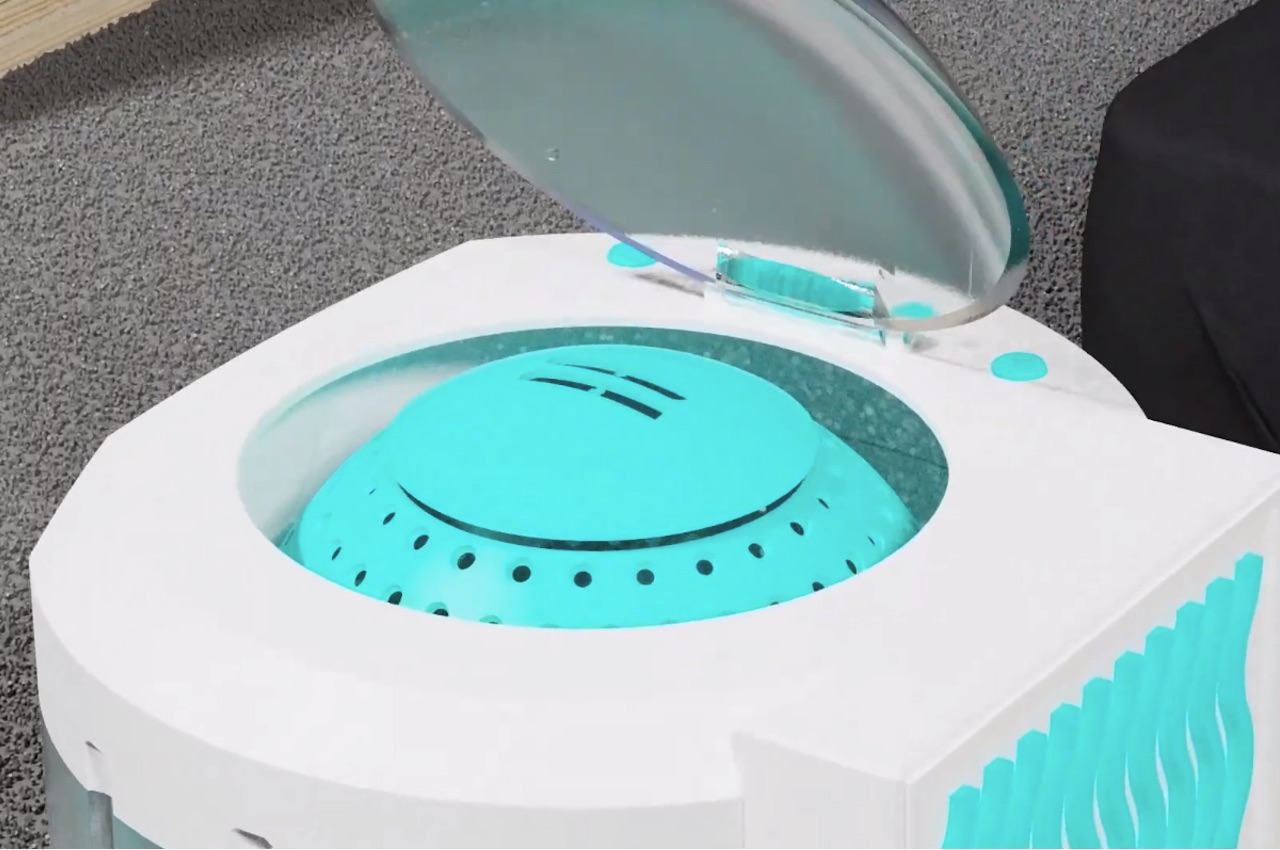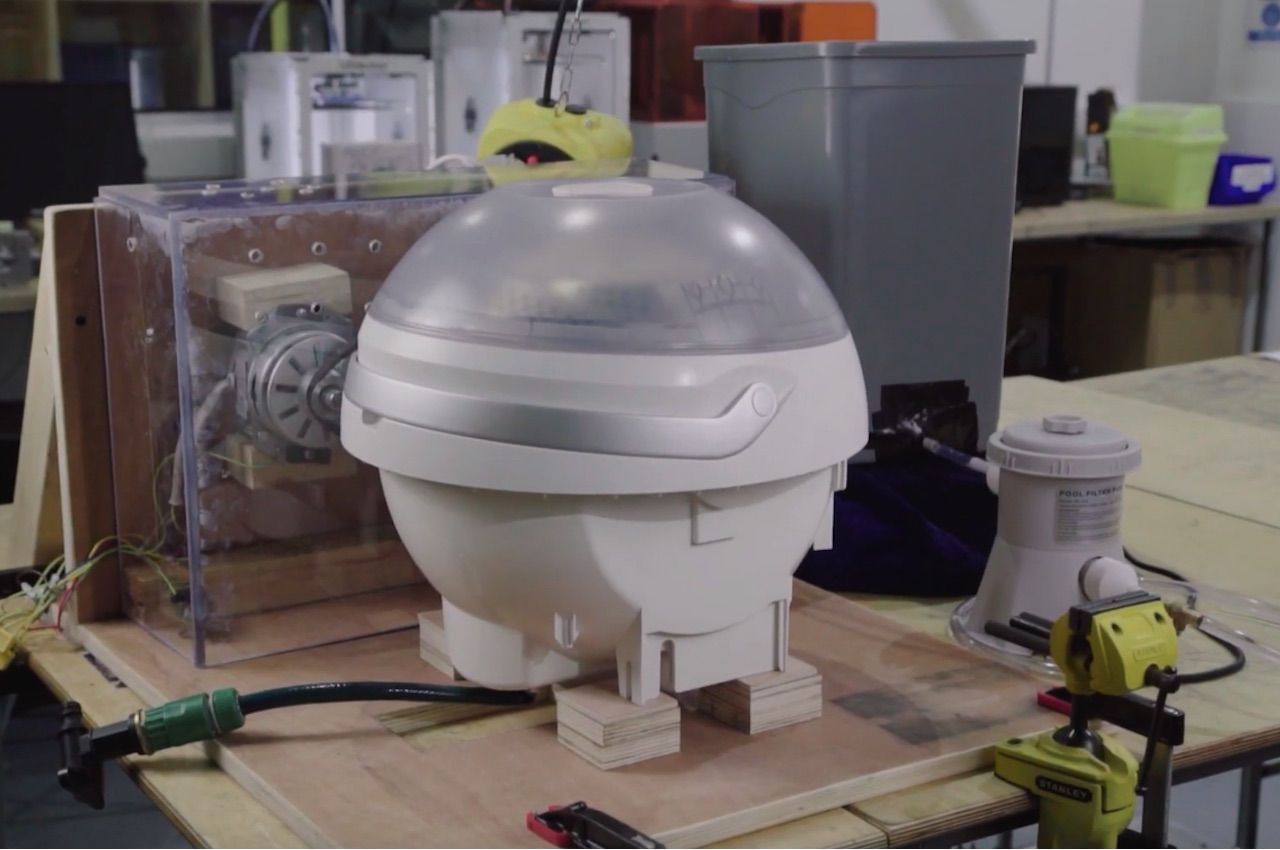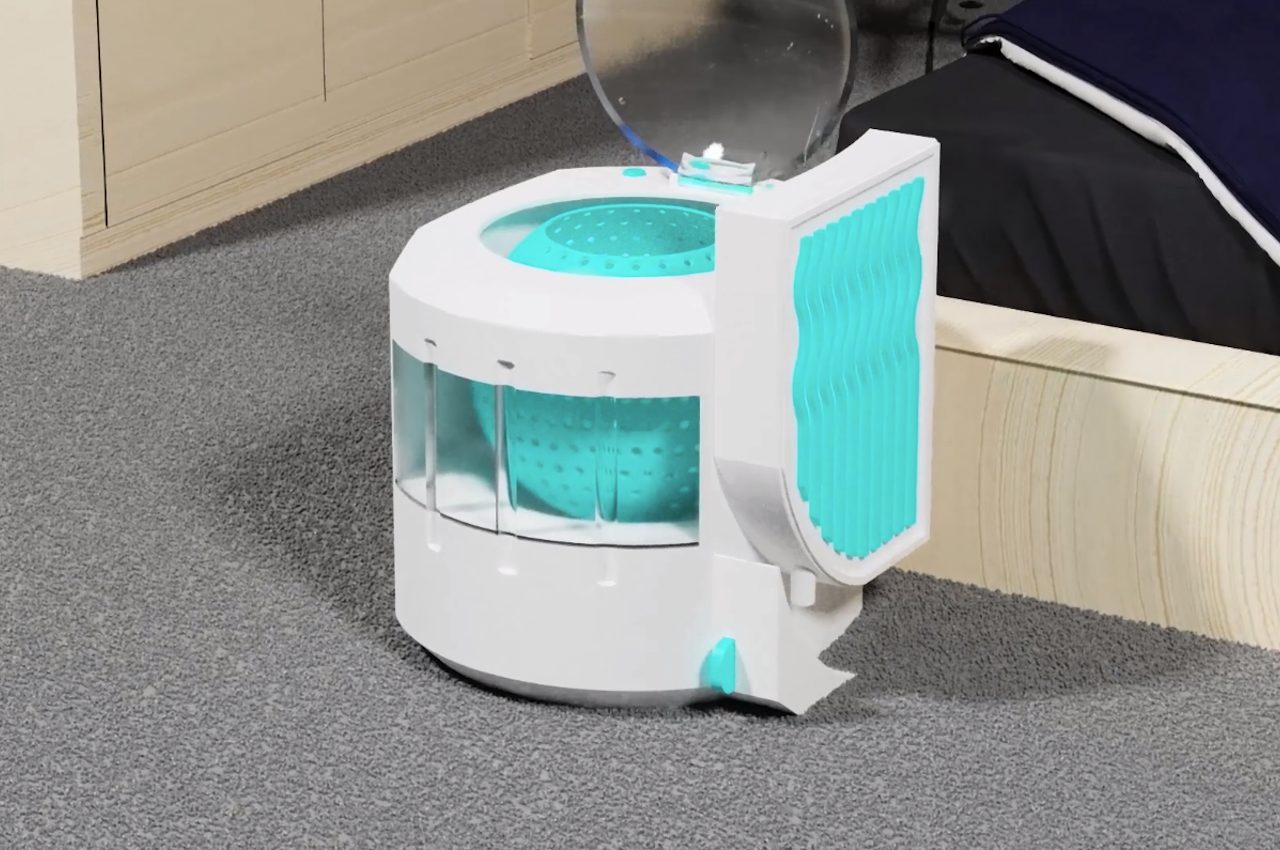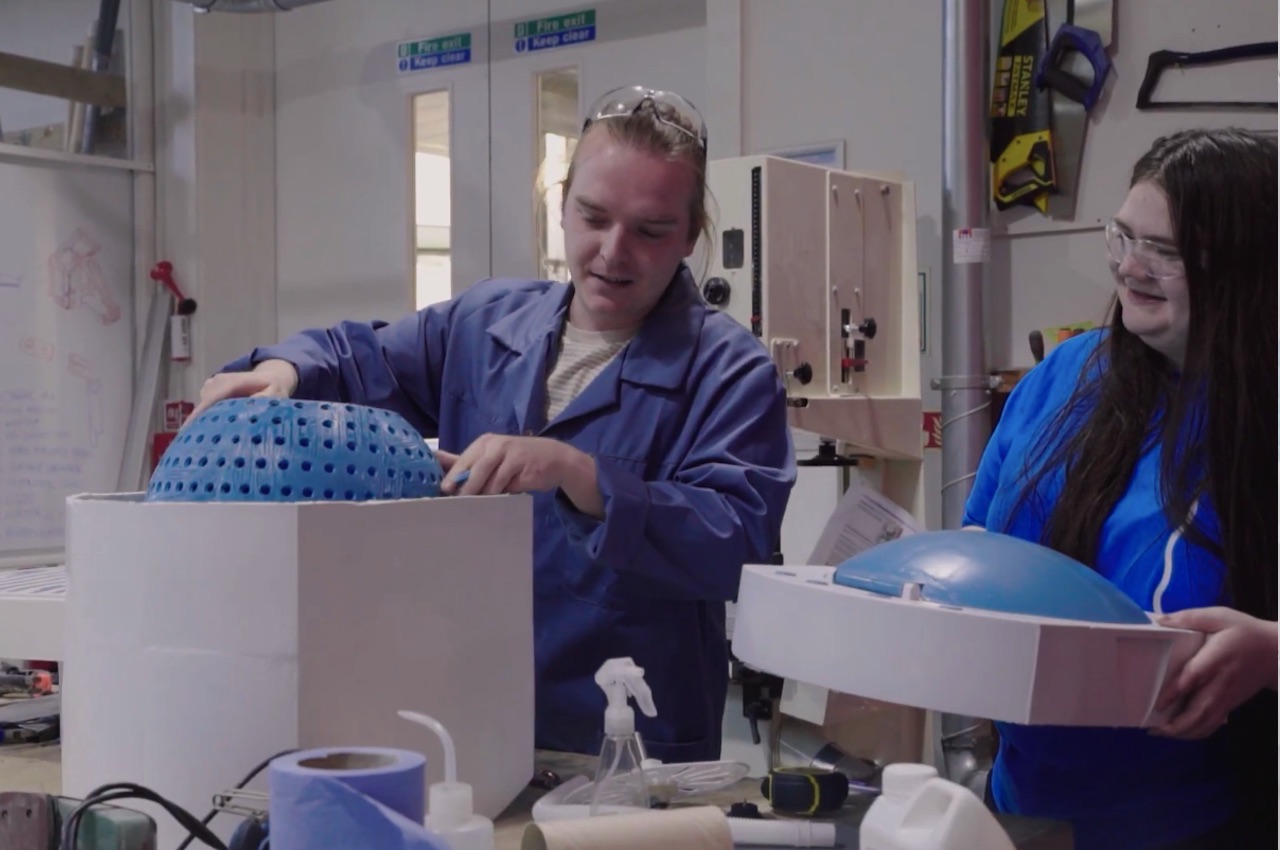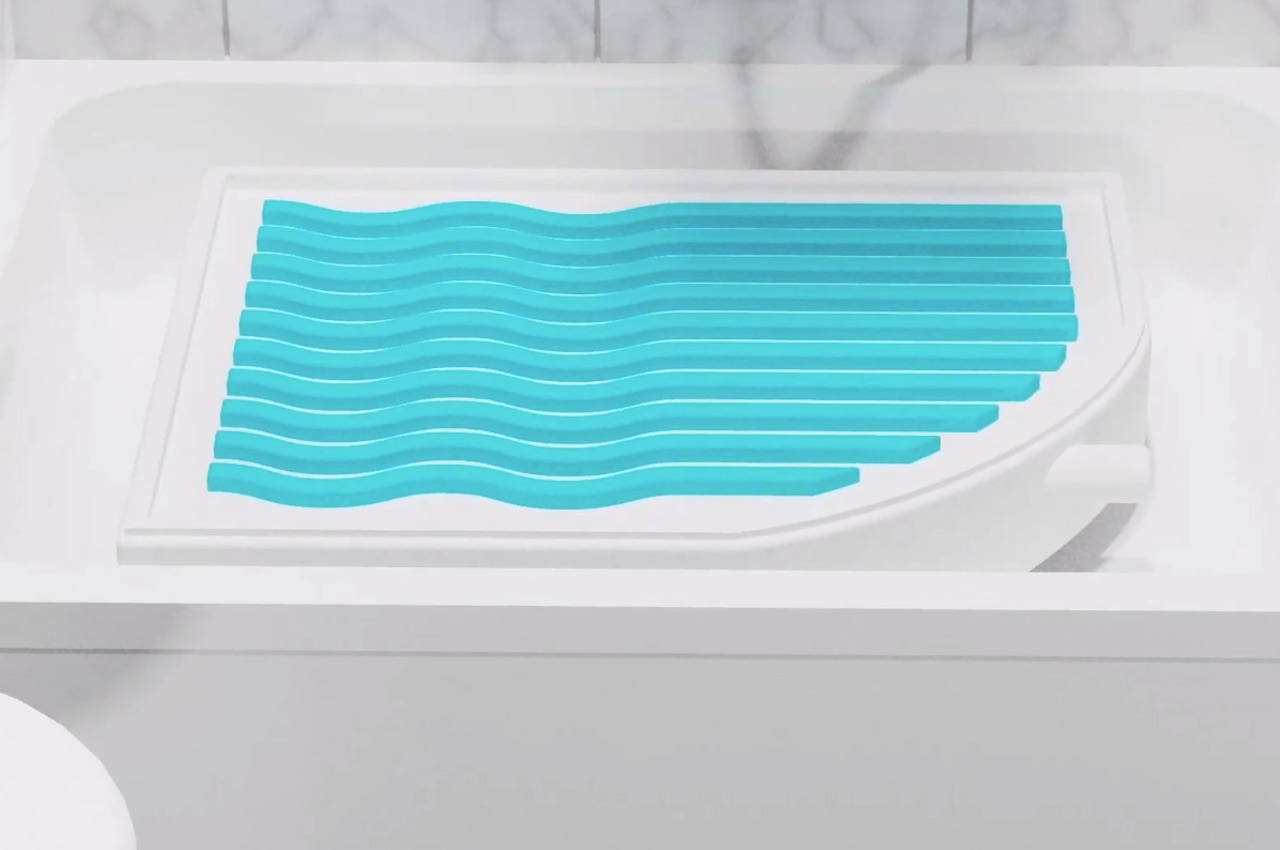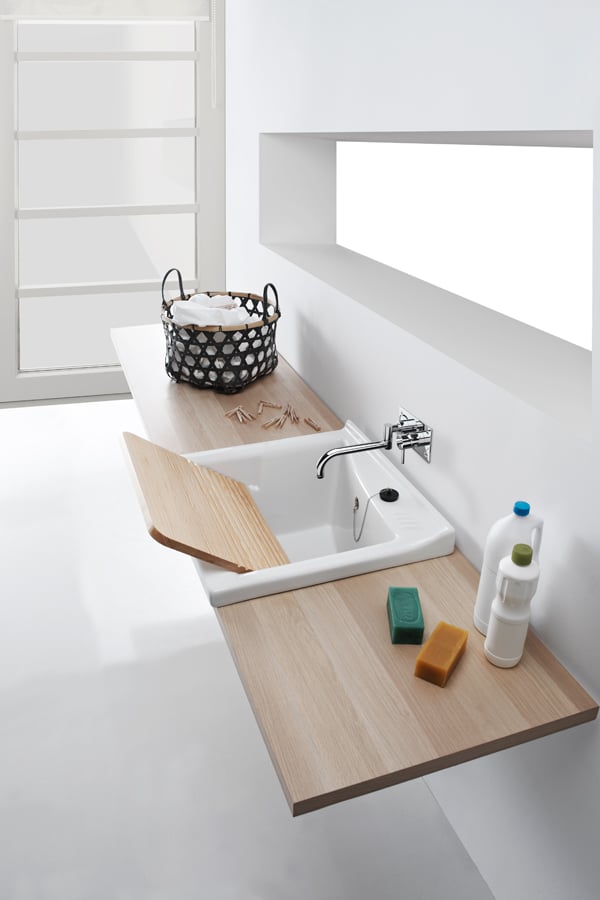I was today years old when I learned that 35% of the ocean’s microplastic problem comes from washing machines. Most of the clothes we wear today have some blend of synthetic fibers that degrade ever so slightly when washed. These microscopic fibers mix in the water and get dumped down the drain, making their way into our oceans, and then into our body through seafood and even salt. Microplastics have reached parts of the body we never thought possible before, like our brain, our reproductive organs, and even fetuses through the placenta. It sounds scary (and it somewhat is), but the folks behind PLANETCARE 2.0 have a simple solution – a microfiber filter attachment for your washing machine.
Designers: Miha Vrhovec and Lenche Gjorjioski
Click Here to Buy Now: $62 $95 (35% off). Hurry, only 122/199 left!
Simply put, PLANETCARE 2.0 is a nifty filter that snaps to the side of your washing machine, filtering all the water the machine drains out after a cycle. Think of the PLANETCARE 2.0 as the water equivalent of you sorting your trash. You wouldn’t throw recyclables along with food waste, would you? So why would you dump microplastics out with your water?

Tested by 7000+ Users – Their first-generation filter is used by more than 7000 users providing valuable feedback.
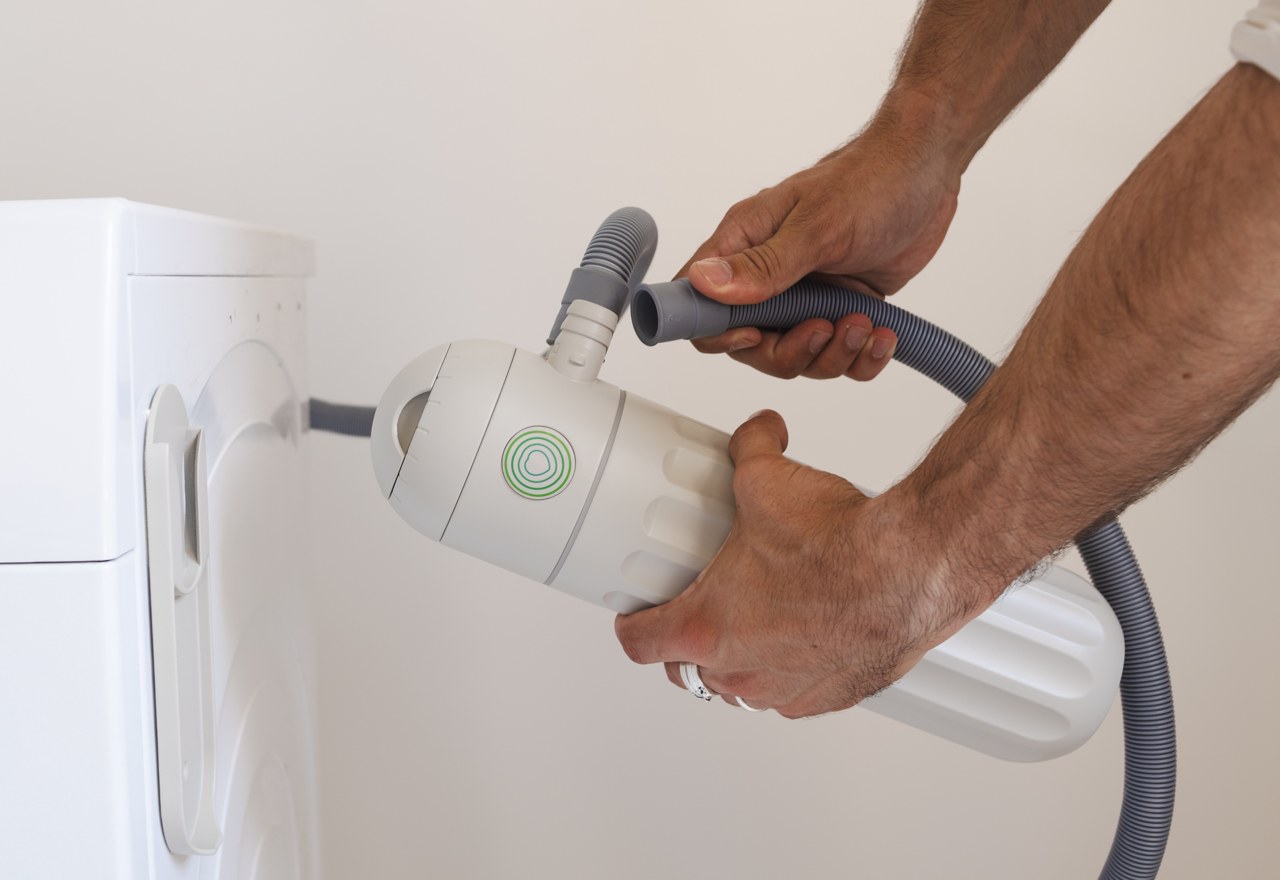
Easy to Install – Takes only 10 minutes to install the filter and a minute to change the filter cartridge.
Designed to easily attach to your washing machine in a matter of 10 minutes (you can assemble it yourself without calling a plumber), PLANETCARE 2.0 catches all the microplastics from your washing machine’s drain water, ensuring they never make it to the ocean. An estimated 700,000 tiny fibers shred from your clothes with each wash cycle. Depending on the fabrics you wear, these fibers will include natural materials like cotton, denim, wool, and silk, but also synthetic materials like nylon, polyester, and other fabric blends found in most clothes. PLANETCARE 2.0 catches up to 98% of these microfibers (both natural and synthetic), preventing them from getting carried into our waterways. The result indirectly benefits you, but directly benefits our planet, nature, and the delicate ecosystem of life on Earth. While we can’t easily remove existing microplastics in the world around us, we can easily prevent more microplastics from being added to it.
The PLANETCARE 2.0 is a rather cleverly designed product that tackles the microplastic problem on a whole systemic level. Plug the device into your washing machine and its microfiber filter traps up to 98% of all microscopic fibers in the drain water, without using any electricity. Once the filter reaches its maximum capacity, it pops up to reveal a red-colored ring, letting you know that it’s time to swap out the old filter for a new one. Just take the old filter cartridge out and add a new one in like you would replace batteries on your TV remote. The old filter cartridge can be sent back to the folks at PLANETCARE, who reuse 95% of the cartridge and recycle the remaining 5%, ensuring absolutely zero wastage. The entire circular economy around the filter tackles the microplastic problem on a systemic level, so that you’re not just passing the buck onto the next guy. You’re part of an honest movement to ensure plastics never enter our environment and our bodies again.
First-timers can grab their PLANETCARE 2.0 starter kit for just $62, which includes the device itself along with 3 filter cartridges and a spare drain hose. If you’re a part of the 7000+ users currently using the 1st gen Planetcare filter, you can upgrade to the v2.0 device for $31, with global shipping in December 2023 so you can begin the new year on an eco-friendly note!
Click Here to Buy Now: $62 $95 (35% off). Hurry, only 122/199 left!
The post Your Washing Machine is Polluting the Ocean with Microplastics. This Modular Filter hopes to stop that. first appeared on Yanko Design.
